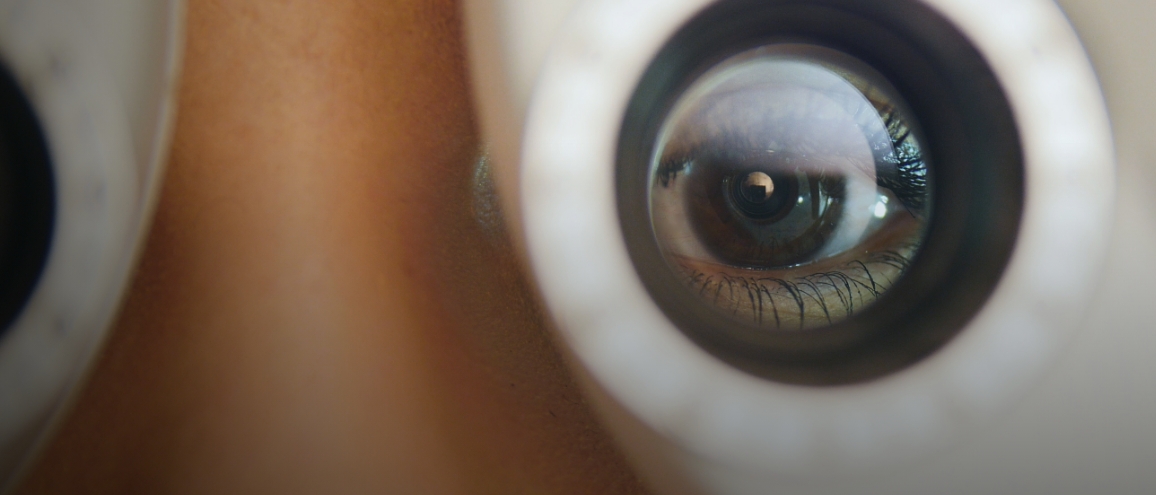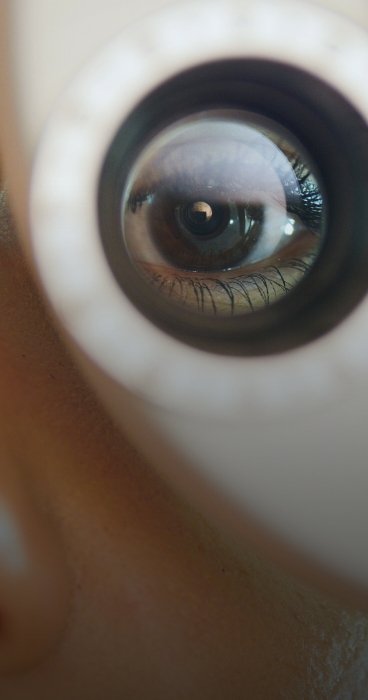Your eyes are more than a window to the world; they’re a window into your overall health. At Eye Consultants, we focus on preventing eye problems before they start. By practicing simple daily habits and visiting an optometrist regularly, you can maintain strong, healthy eyes and protect your vision for years to come.
Why Preventive Eye Health Matters
Many serious eye conditions develop slowly and without obvious symptoms. Conditions like glaucoma, macular degeneration, or diabetic retinopathy can threaten vision if left undetected. Regular visits with an optometrist can catch these issues early, making treatment more effective and preserving long-term vision.
Preventive care isn’t just about disease; it’s about supporting healthy eyes in everyday life. Optometrists can provide guidance on nutrition, lifestyle habits, and protective measures to reduce strain and damage over time.
How an Optometrist Supports Preventive Care
- Routine Eye Exams: Comprehensive exams assess vision, check eye pressure, and examine the retina for early signs of disease.
- Lifestyle & Vision Counseling: Advice on screen use, proper lighting, and posture helps prevent digital eye strain.
- Nutrition & Eye Health: Diet recommendations rich in omega-3s, antioxidants, and vitamins support healthy vision.
- Protective Measures: Sunglasses, blue light filters, and safety eyewear shield eyes from UV rays, digital screens, and workplace hazards.
- Tracking Changes Over Time: Advanced imaging tools allow optometrists to monitor subtle changes before symptoms appear.
Preventive Measures You Can Take at Home
Even outside the office, you can take simple steps to protect your vision:
- Follow the 20-20-20 Rule: Every 20 minutes of screen time, look at something 20 feet away for 20 seconds.
- Wear Sunglasses: UV-protective sunglasses help prevent cataracts and other sun-related damage.
- Maintain a Healthy Diet: Leafy greens, colorful vegetables, and omega-3-rich foods support eye health.
- Stay Hydrated: Proper hydration helps prevent dry eyes and maintains overall eye function.
- Practice Proper Lighting: Well-lit reading and workspaces reduce eye fatigue.
- Limit Smoke and Alcohol Exposure: Smoking and excessive alcohol use increase the risk of age-related eye conditions.
- Exercise Regularly: Cardiovascular health supports proper blood flow to the eyes.
How Often Should You Have an Eye Exam?
- Children (Ages 3–18): Every one to two years to catch vision problems early.
- Adults (Ages 19–40): Every two to three years, more often if you wear corrective lenses or have a family history of eye disease.
- Adults 41 and Older: Yearly visits are recommended to monitor age-related changes and prevent long-term damage.
The Preventive Advantage
Taking a proactive approach to your eye health ensures early detection of potential problems, reduces the risk of vision loss, and supports your overall well-being. By partnering with an optometrist, you can maintain healthy vision for years to come.
Schedule Your Preventive Eye Exam Today
Don’t wait until vision problems arise. Contact Eye Consultants to schedule your next comprehensive exam and take control of your eye health today. For more resources on preventive eye care, the American Optometric Association offers detailed guidance.
About the Author: Dr. Heather Dealy
Dr. Dealy is a board-certified ophthalmic surgeon specializing in cataract and glaucoma care. She earned her BA from Bucknell University and her MD from Thomas Jefferson Medical College. After completing her internship at Yale and residency at SUNY Upstate, she completed a glaucoma fellowship at the Scheie Eye Institute, University of Pennsylvania. Practicing in Wilmington, Delaware since 2004, she joined Promise in Sight in 2020 to provide humanitarian eye care in Central America. She is a member of several ophthalmology societies and enjoys racquet sports, gardening, traveling, and reading.


Contact Us Today
Your health is our top priority and we look forward to assisting you in your eyecare journey. Please call the office at (302) 998-2333 or fill out our contact form to schedule your appointment.
Request Exam



